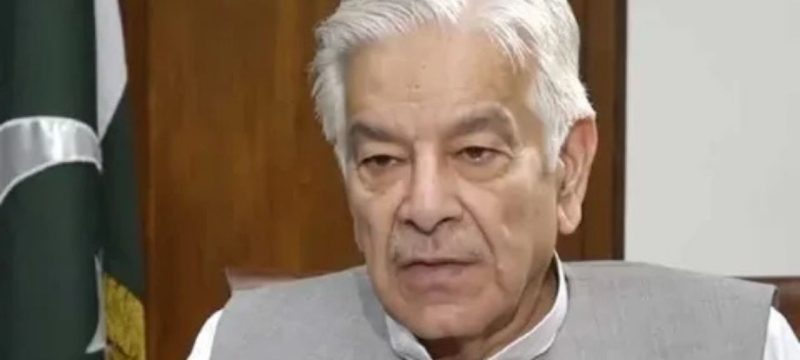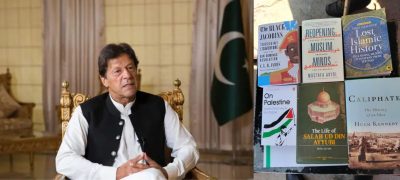Khawaja Asif claims reveal fresh political pressure tactics. The senior PML-N leader has stated that former Army Chief General (retd) Qamar Javed Bajwa’s father-in-law exerted pressure on him to condemn Nawaz Sharif’s speech, raising new questions about political interference in Pakistan’s democratic process.
Khawaja Asif’s claim has stirred debate, as it connects a powerful military figure’s family to attempts at shaping political narratives. The allegation highlights ongoing concerns about behind-the-scenes influence in national politics.
Khawaja Asif claims raise serious concerns
According to Khawaja Asif, the request was made shortly after Nawaz Sharif delivered a fiery address targeting the establishment. Instead of backing down, Asif chose to stand with his party leader. He insists that political leaders should not be compelled to issue statements against their own leadership under any form of pressure.
The remarks have resurfaced amid growing discussion about the role of powerful institutions and their associates in Pakistan’s politics. Political observers believe these revelations can intensify scrutiny of civil-military relations.
For context, Asif has also commented on related events, including claims that Bushra Bibi insisted on D-Chowk for protest, showing how political strategies often involve multiple layers of influence.
Key details from Khawaja Asif’s claims
- He alleged that General Bajwa’s father-in-law directly urged him to condemn Nawaz Sharif’s speech.
- The claim suggests attempts to create internal rifts within the PML-N.
- Asif stated that he remained loyal to his party leadership despite the pressure.
- Political analysts say the revelation could deepen the debate over establishment involvement.
Khawaja Asif claims also resonate strongly with the public because they revive memories of past controversies when politicians accused establishment-linked individuals of steering political discourse.
The timing of these statements is significant, as Pakistan’s political climate is already heated ahead of key developments. Asif’s words may further fuel the conversation around transparency, loyalty, and the influence of powerful families connected to national institutions.
Broader political impact
By going public, Khawaja Asif has opened a new chapter in the discussion over political freedom and interference. His claims are likely to become part of larger debates within parliament, media, and public forums.
For now, the Khawaja Asif claims have ensured that questions of influence and pressure will remain at the center of Pakistan’s political conversation.






